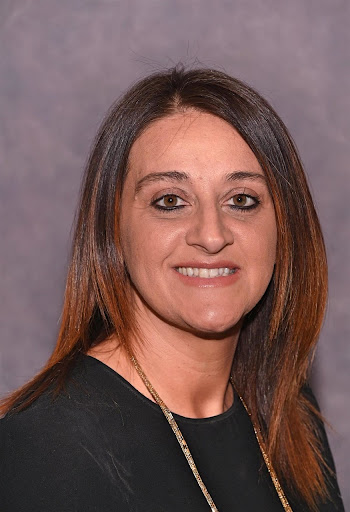
We are honored to feature Dr. Melissa Jones, Assistant Superintendent for Carteret Public Schools located in Carteret, New Jersey.
Dr. Jones brings vast experience to her current leadership role, including positions as a classroom teacher, a literacy coach, and an administrator for Curriculum and Instruction.
In this interview, Dr. Jones shares her experience in helping identify her district’s need for high-quality foundational skills instruction. Carteret Public School District piloted and then adopted SIPPS in 2019.
Tell us a little about yourself, your district, and the students that you serve.
My name is Dr. Melissa Jones and I am the proud Assistant Superintendent for the Carteret Public School District located in Carteret, NJ. I have been in education for over 20 years.
Before becoming an administrator, I was a 5th grade teacher and a Literacy Coach. As an administrator, I have spent the last 10 years working with Curriculum and Instruction. The Carteret Public School District is a PreK-12th grade district located in Central New Jersey. We have a very diverse student population that represents our community.
How did your district become interested in SIPPS?
Our district realized there was a need for phonics instruction. We began to research the science of reading and the importance phonemic awareness and foundational skills have on readers.
I had familiarity with SIPPS from a previous district and presented the program to my staff to pilot. Our staff found the program to be aligned with our vision, and we began implementing SIPPS.
How long has your district been implementing SIPPS? Tell us a little about the implementation.
The district began implementing SIPPS as a pilot at one school in the spring of 2019. We began district-wide K-2 implementation in the fall of 2019.
We trained staff and began with an “all in” philosophy for implementation. Staff members work together during professional development and share instructional resources.
What do you appreciate about SIPPS? What do teachers appreciate about it?
The lesson structure of SIPPS and deep-rooted routines were what we found to be most effective and beneficial. Staff were aware of lesson expectations and were able to implement the program with fidelity. The resources that are available to staff and the support we received allowed for a cohesive implementation.
The lesson structure of SIPPS and deep-rooted routines were what we found to be most effective and beneficial.
Like everyone else, we were impacted by the pandemic. Our transition to online implementation was supported by Collaborative Classroom, and teachers were able to continue with SIPPS instruction while fully virtual.
When we returned to school, teachers were able to teach SIPPS in a hybrid model. Now that we are back to full in-person instruction, the routines continue to be established, and teaching is back to our pre-pandemic ways.
What have you noticed about student learning and engagement? What have teachers noticed?
We have noticed that engagement continues to increase, especially now that all students are back in person.
Students are able to use their decoding skills while reading and make references back to their SIPPS lessons. This has helped students to feel more confident with their reading, and the success is celebrated.
How has SIPPS shifted teaching practices and/or professional learning in your district?
SIPPS has made teachers more aware of the importance of phonics instruction, as well as recognizing how students learn. SIPPS has allowed teachers to implement routines-based instruction, which has proved to be successful. The teachers are seeing students making progress and the importance and impact of their work.
What thoughts or insights would you share with a district that is considering SIPPS?
The systemic approach to teaching phonics allows for teachers to easily implement the routines and for students to feel confident as they continue to be successful.
SIPPS, for us, meets the needs of all of our students. The systemic approach to teaching phonics allows for teachers to easily implement the routines and for students to feel confident as they continue to be successful. Our staff finds tremendous value in the program.
***
Read in this interview how Bonita Unified School District, recognized for its excellence, also adopted SIPPS for foundational skills.
To learn about personalized, asynchronous professional learning to support SIPPS implementation, check out this interview about Springfield Public Schools.
